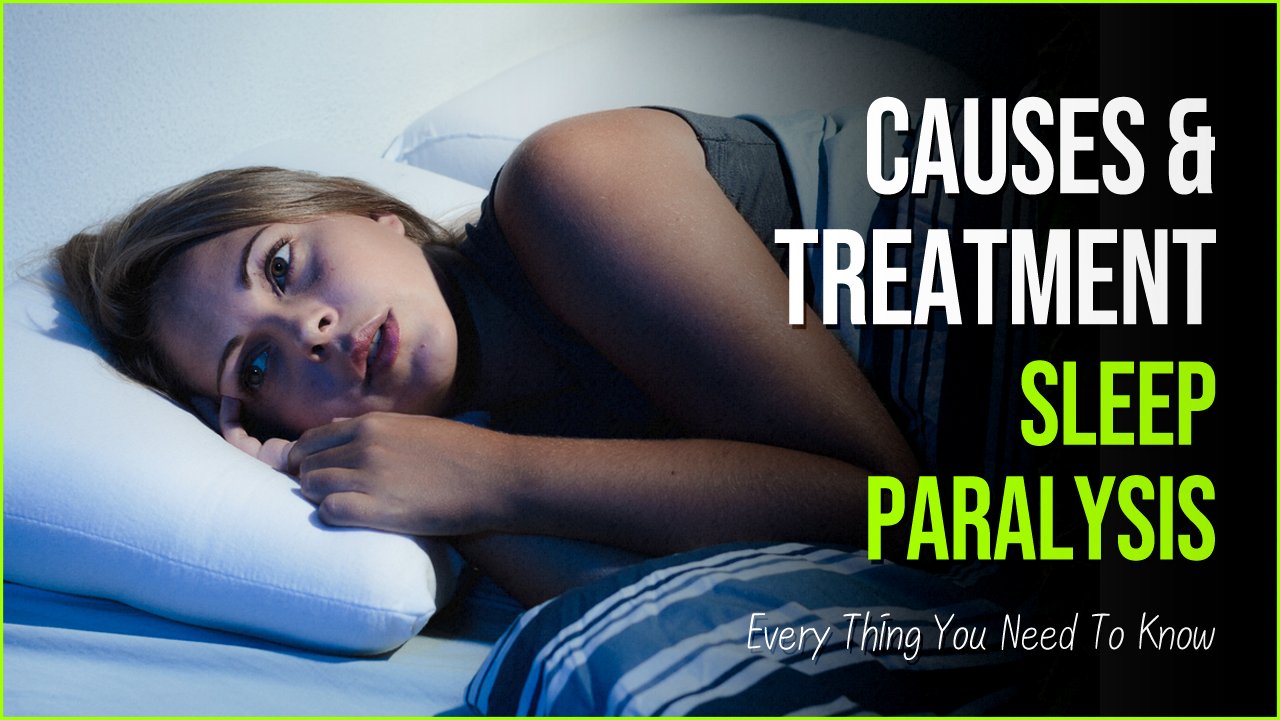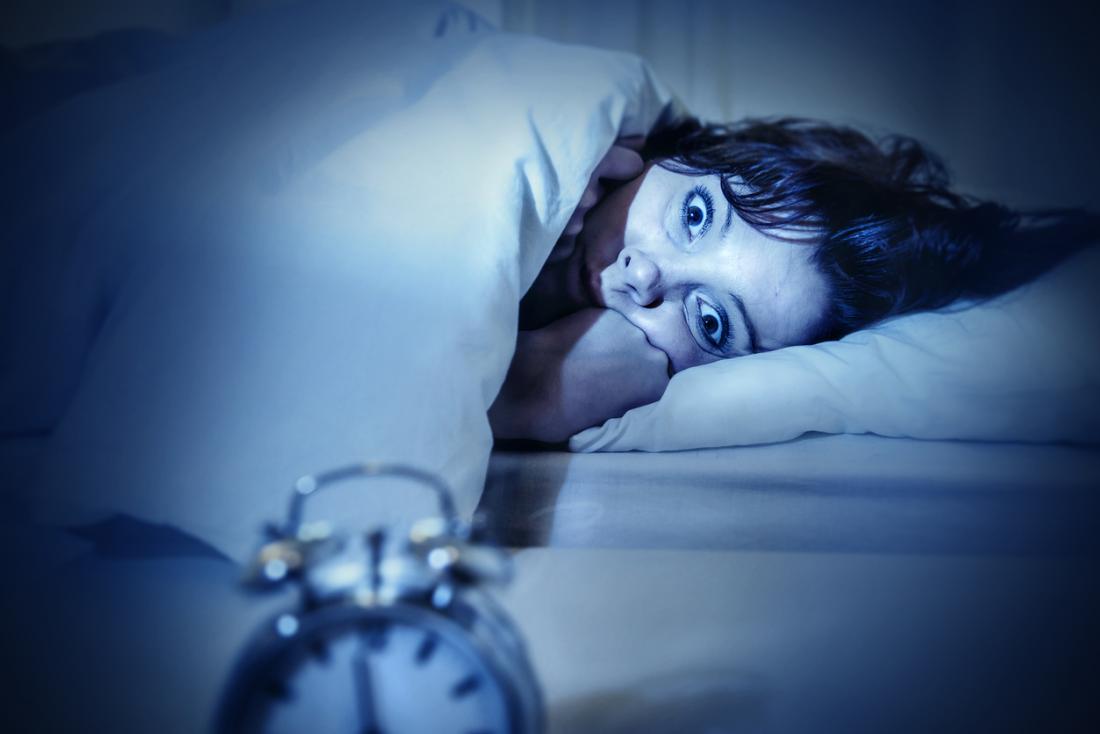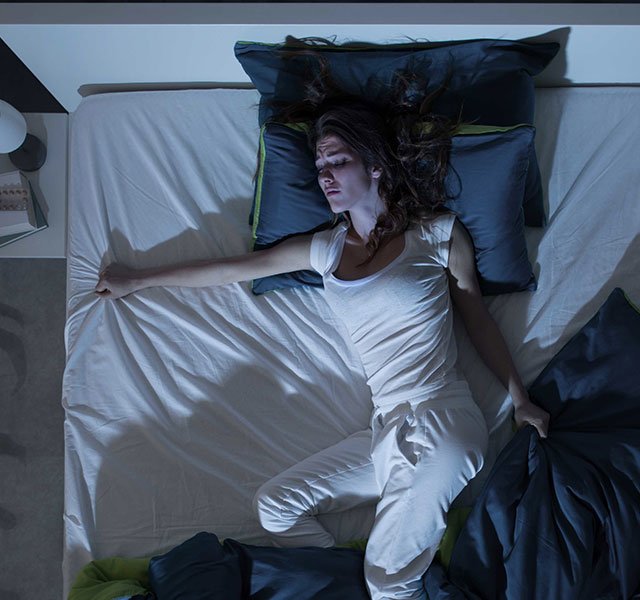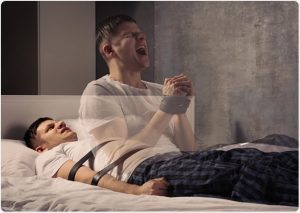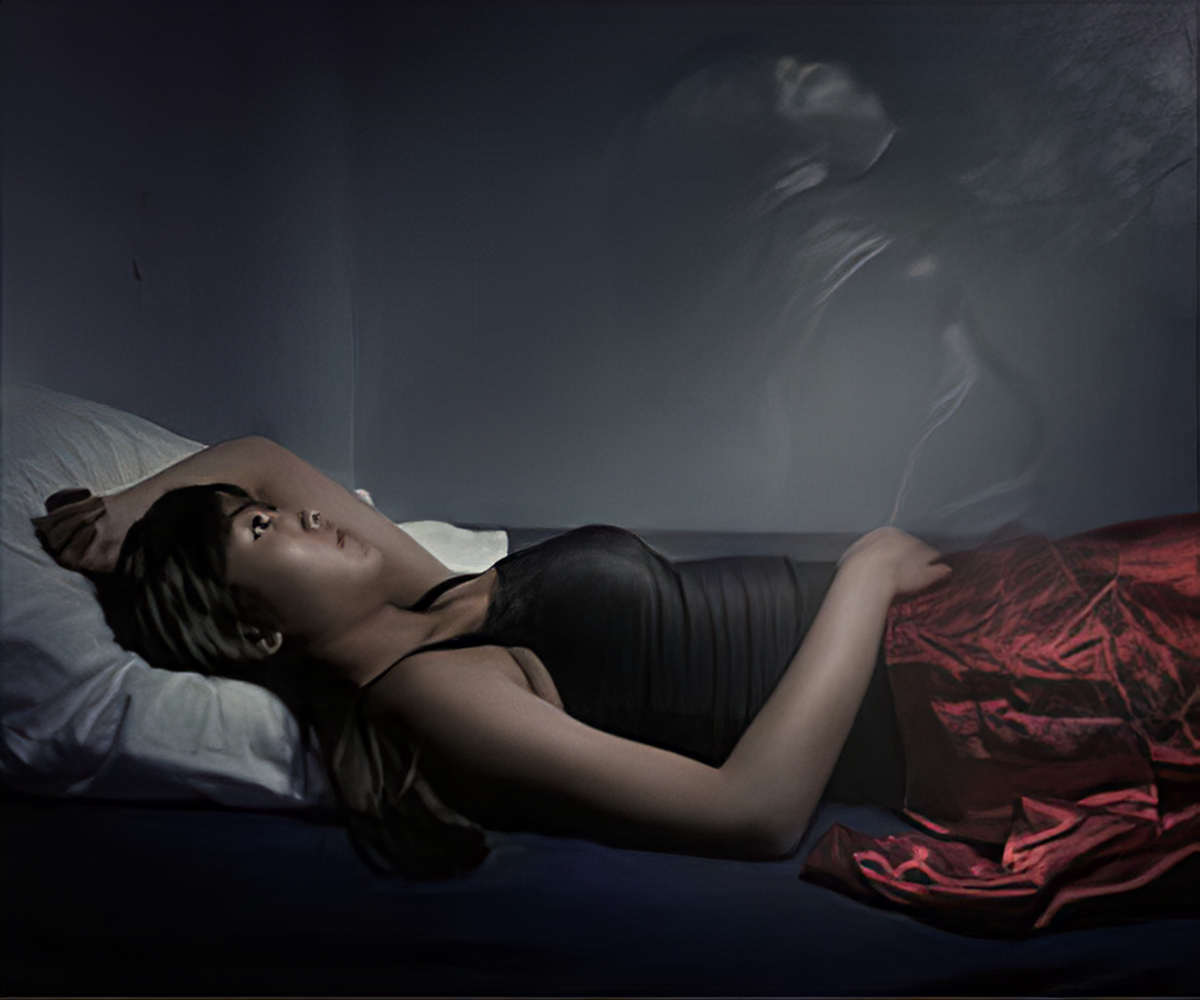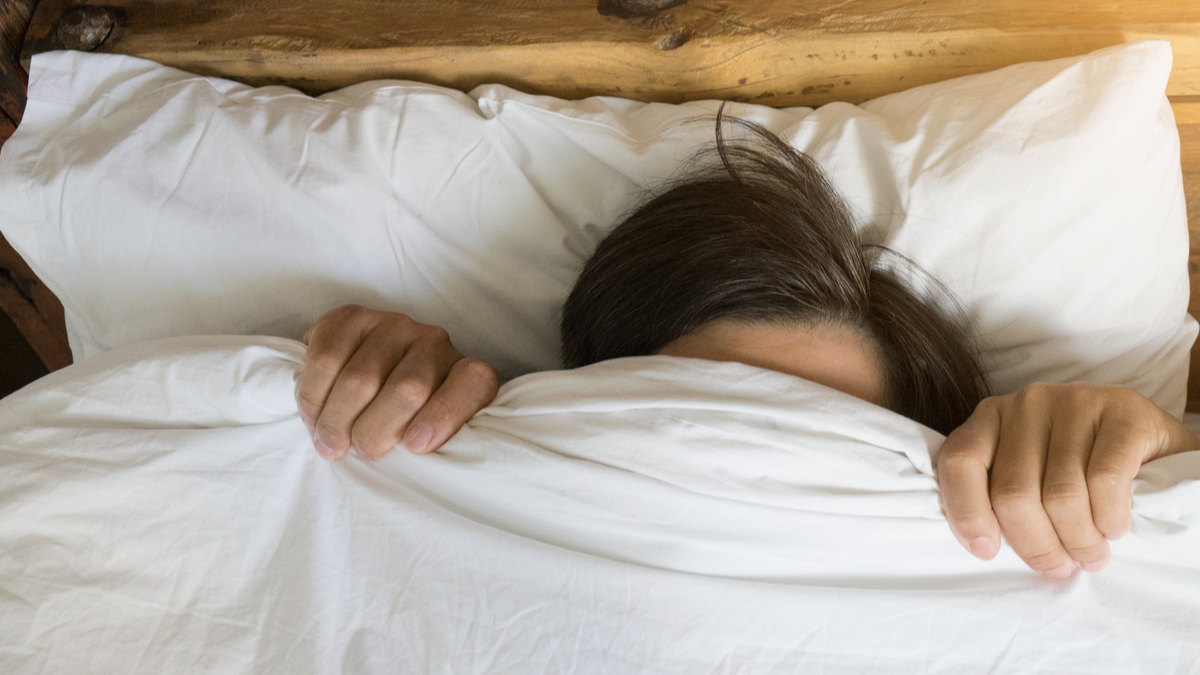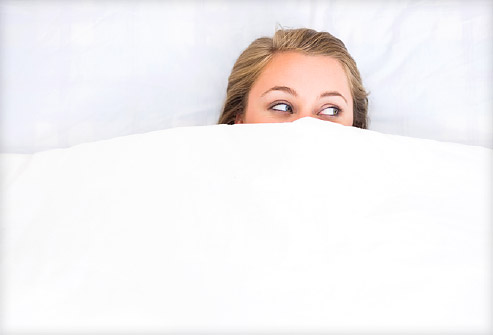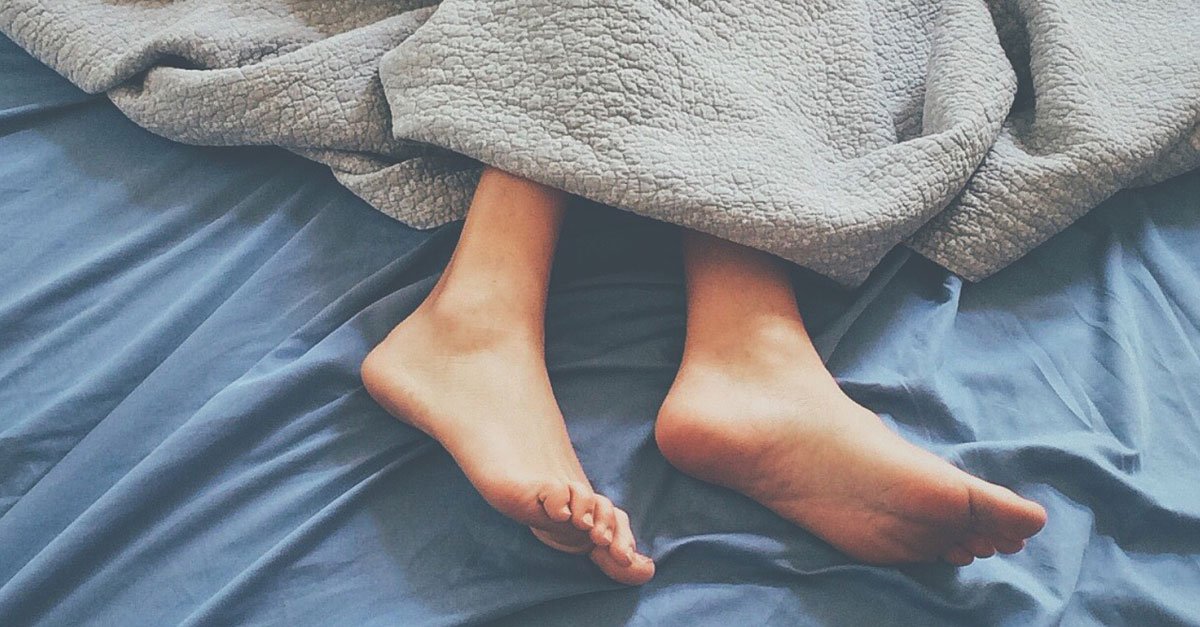When it comes to sleep disorders, there are a number of conditions that come to mind.
And sleep paralysis is no exception.
Usually, it is a condition where many people experience temporary loss of movement while sleeping. Overall, it tends to occur right when the person begins sleeping or during their sleeping. Occasionally, it can also occur when you are waking up. Every person has their own experience. So you need to assess and see your own condition for yourself.
On the whole, research shows that occurs between the ages of 14 and 17 years. Hence, it wouldn’t be wrong to term it as common. Overall, around 5 to 40% of the population gets affected.
Occasionally, it occurs alongside another sleeping disorder. And that is the sudden occurrence of sleep attacks. Without a doubt, the sequel isn’t dangerous but it’s alarming for many, at the same time.
Hence, that’s the reason why we’re taking a closer look at its causes and symptoms. Simultaneously, we’re listing down some experts’ tips on its prevention and treatment too.
What are the causes?
There are a number of causes that lead to sleep paralysis. Usually, both children and adults get affected. However, certain people are at more risk. And this includes those who suffer from other mental conditions.
Similarly, it also affects people with disturbed sleeping patterns. Common examples include those people that work night shifts or travelers that are jet-lagged.
Rarely, sleep paralysis runs from generation to generation. With that being said, there isn’t a lot of research present to support this statement.
Lastly, you can get the condition by sleeping on the back and also if you’re not getting enough sleep.
Common symptoms of sleep paralysis
As mentioned previously, this condition isn’t a medical emergency. However, it’s always a good idea to know about its symptoms. Consequently, it gives people peace of mind that they’re doing alright.
One of the most common features of sleep paralysis is that you can’t move or speak. Simultaneously, it lasts for a variable period of time. Hence, different people complain of different durations. Usually, it’s around a few seconds but can go up to 2 minutes.
Other common symptoms include the following:
- a feeling that relates to something pushing against you
- a feeling of someone’s presence in your nearby surrounding
- the feeling of fear
- hallucinations before, after, or during sleep
How to prevent a lack of sleep?
You can prevent your lack of sleep by reducing the symptoms.
Additionally, you can decrease its frequency too. And the solution revolves around making small lifestyle changes:
- decrease stress levels
- perform daily exercises
- get enough rest
- have a regular sleeping pattern
- avoid unnecessary medicines
- be clear on your medicine’s side effects.
ADVERTISEMENT Above all, check to see if they correlate with your symptoms
- stay positive and be optimistic about life
- avoid anything that creates negativity
- seek professional help with any mental conditions
Is there a cure?
One of the commonest questions that people ask relates to whether or not there is a cure.
Hence, it’s important to be clear.
Most of the symptoms do resolve quickly. And that means within minutes. Similarly, they don’t cause any permanent trauma or lasting physical effects. However, it’s not wrong to say that the situation is a little frightening for many to handle.
On the whole, if your lack of sleep occurs when you’re alone, it usually doesn’t require any treatment. But you should see a doctor if you have signs of sleep attacks during the day.
Therefore, doctors will carry out proper tests and prescribe you with solutions. This can be in the form of medicines that help you in staying awake or manage the symptoms.
Sleep paralysis is a common medical condition that usually resolves on its own. However, it is quite unsettling and hence can drastically affect your lifestyle.


